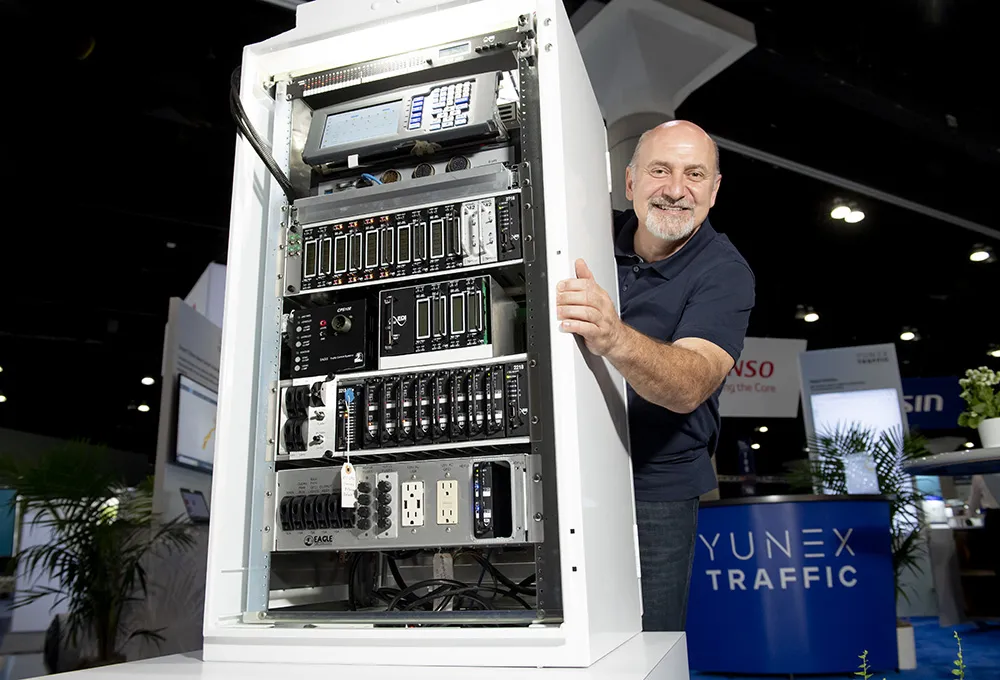Moxa had introduced the MGate MB3000 series of Modbus gateways which feature auto-calibration of response timeout, smart routing, support for multiple TCP masters, and a utility that supports multiple languages.
March 12, 2012
Read time: 1 min
The basic models in the MGate MB3000 series have an MB3x80 designation while advanced models have an MB3x70 designation.










